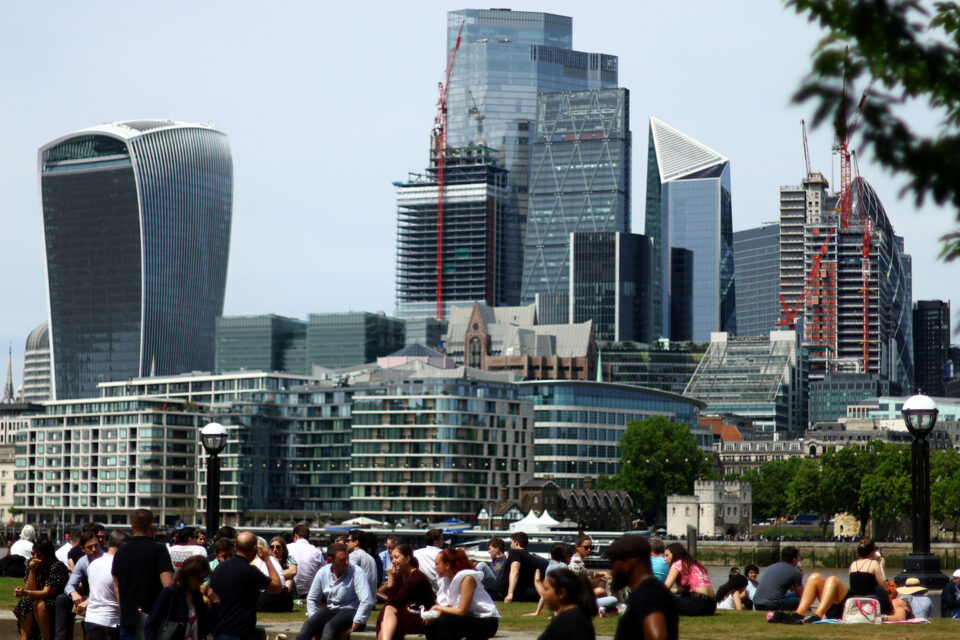LONDON, Jan 31 — Britain’s economy will slam into reverse this year as the cost-of-living crisis hits households hard and will see the worst performance of all the advanced nations, the International Monetary Fund (IMF) has warned.
In its latest World Economic Outlook update, the IMF downgraded its UK gross domestic product (GDP) forecast once again, predicting a contraction of 0.6 per cent against the 0.3 per cent growth pencilled in last October as Britain looks set to suffer more than most from soaring inflation and higher interest rates.
But it nudged up its outlook for British growth in 2024 to 0.9 per cent, up from the 0.6 per cent expansion previously forecast, reported PA Media/dpa.
The grim outlook for the year ahead puts the UK far behind its counterparts in the G7 group of advanced nations and the only country — across advanced and emerging economies – expected by the IMF to suffer a year of declining GDP.
Among the other G7 nations, the IMF’s 2023 GDP predictions show growth of 1.4 per cent in the United States, 0.1 per cent in Germany, 0.7 per cent in France, 0.6 per cent in Italy, 1.8 per cent in Japan and 1.5 per cent in Canada.
It comes against a backdrop of public sector strikes over pay and predictions that the UK is heading for a recession, with inflation still standing at more than 10 per cent.
The IMF said Britain’s predicted GDP fall reflects ‘tighter fiscal and monetary policies and financial conditions and still-high energy retail prices weighing on household budgets.’
It follows efforts by Chancellor Jeremy Hunt last week to talk up the UK economy and its growth prospects in his first major speech in the post, declaring that ‘declinism about Britain was wrong in the past and it is wrong today.’
The IMF upgraded its global growth forecast, to 2.9 per cent in 2023 from the 2.7 per cent predicted in October as it said the reopening of China after strict Covid restrictions has ‘paved the way for a faster-than-expected recovery.’
The IMF also said it believes global inflation has passed its peak and will fall from 8.8 per cent last year to 6.6 per cent in 2023 and 4.3 per cent in 2024 as interest rate hikes by central banks begin to cool demand and slow price rises.
But it warned that, in Britain and Europe, surging prices and the impact of action taken to rein in inflation, will continue to weigh on the economy.
It said: “With inflation at about 10 per cent or above in several euro area countries and the United Kingdom, household budgets remain stretched. The accelerated pace of rate increases by the Bank of England and the European Central Bank is tightening financial conditions and cooling demand in the housing sector and beyond.”
— Bernama





